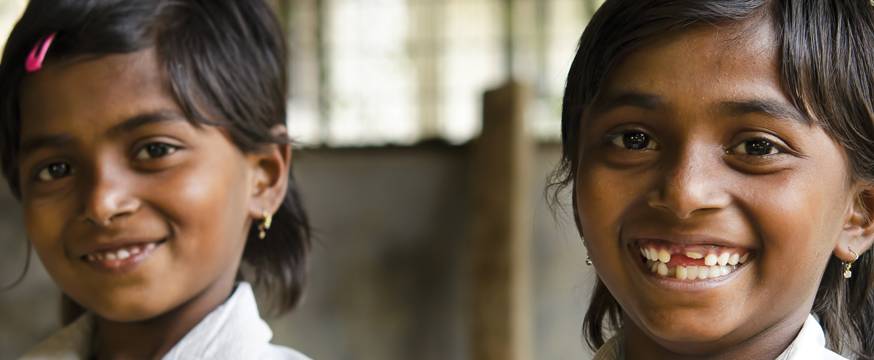
Capacity building in Pakistan and Bangladesh
Research 17 Sep 2012 4 minute readCapacity building in Pakistan and Bangladesh
In Punjab, Pakistan, ACER is undertaking a capacity review of the Punjab Examination Commission (PEC) and the Punjab Education Assessment System (PEAS). The review by ACER Principal Research Fellow, Dr Gabrielle Matters, and ACER Psychometrics and Methodology Research Director, Dr Siek Toon Khoo, is addressing the assessment environment in Punjab, the technical quality of existing assessment practice and the alignment of assessment with aspects of the system like curriculum, textbooks and teacher training.
Drs Matters and Khoo have so far undertaken desk reviews and in-country assessments of the capacities and technical requirements of PEC and PEAS to deliver quality assessment programs and associated reports. They have provided recommendations for the design of a program to strengthen the capacity of PEC and PEAS to deliver the assessment programs and the processes by which they deliver them.
In the final report, Drs Khoo and Matters have identified a number of strengths in the present situation, as well as areas for capacity development. Pakistan faces significant challenges in education, especially for girls, but is committed to improvement. According to figures from the UNESCO Institute for Statistics (UIS), Pakistan has a low adult literacy rate of around 55 per cent, poor gender equity standards and low high school enrolment figures – only 29 per cent of girls and 38 per cent of boys were in secondary school in 2010 according to the UIS1.
In Bangladesh, ACER is assisting the Bangladeshi Ministry of Education on the Building the Bangladesh National Assessment for Secondary and Higher Secondary Education capacity building project.
ACER Systemwide Testing Research Director, Mr Chris Freeman, and ACER Principal Research Fellow, Ms Jocelyn Cook, are undertaking the analyses and providing in-country analysis workshops as well as reports to inform curriculum and learning, and item construction workshops.
Their work addresses technical aspects and sampling design for a mathematics assessment in 2011-12 in a sample of schools, followed in 2012-13 by English and science assessments in 2013-14, before returning to maths – somewhat like the OECD Programme for International Student Assessment (PISA) cycle, except on a year-based cycle rather than the PISA three-year cycle.
1UIS Statistics in Brief: Education (all levels) profile – Pakistan. Available at <stats.uis.unesco.org>
Supporting education in Pakistan and Bangladesh
ACER supports Australia’s humanitarian and development objectives in line with the United Nations Millennium Development Goals, such as Goal Two, to achieve universal primary education, and Goal Three, to eliminate gender disparity in primary and secondary education.
AusAID’s current partners in supporting programs to achieve these goals in Pakistan include United Nations agencies, the United Kingdom’s Department for International Development and the Aga Khan Foundation. In 2009-10, Australia provided 1.56 million children in Pakistan’s Khyber Pakhtunkhwa province with free textbooks and more than 145 000 girls with stipends, enabling them to attend school.
In Bangladesh, AusAID has helped one million children to complete primary education and more than 590 000 children to complete pre-primary education, in partnership with Bangladesh non-government organisation BRAC.
Fast facts: Aid in Pakistan and Bangladesh
- AusAID will devote an estimated $82.1 million to its Pakistan country program in 2012-2013.
- In partnership with UNICEF and the Asian Development Bank, Australia has supported the construction of 511 transitional and permanent schools for more than 40 000 children following Pakistan’s 2005 earthquake.
- AusAID will devote an estimated $77.1 million to its Bangladesh country program in 2012-2013.
- Bangladesh has experienced strong and steady economic growth since 1990 and has seen improvements in a range of social indicators, including education, although despite its declining poverty rates it still remains one of the poorest countries in the world.
Source: AusAID Official Development Assistance for Pakistan and Bangladesh.
